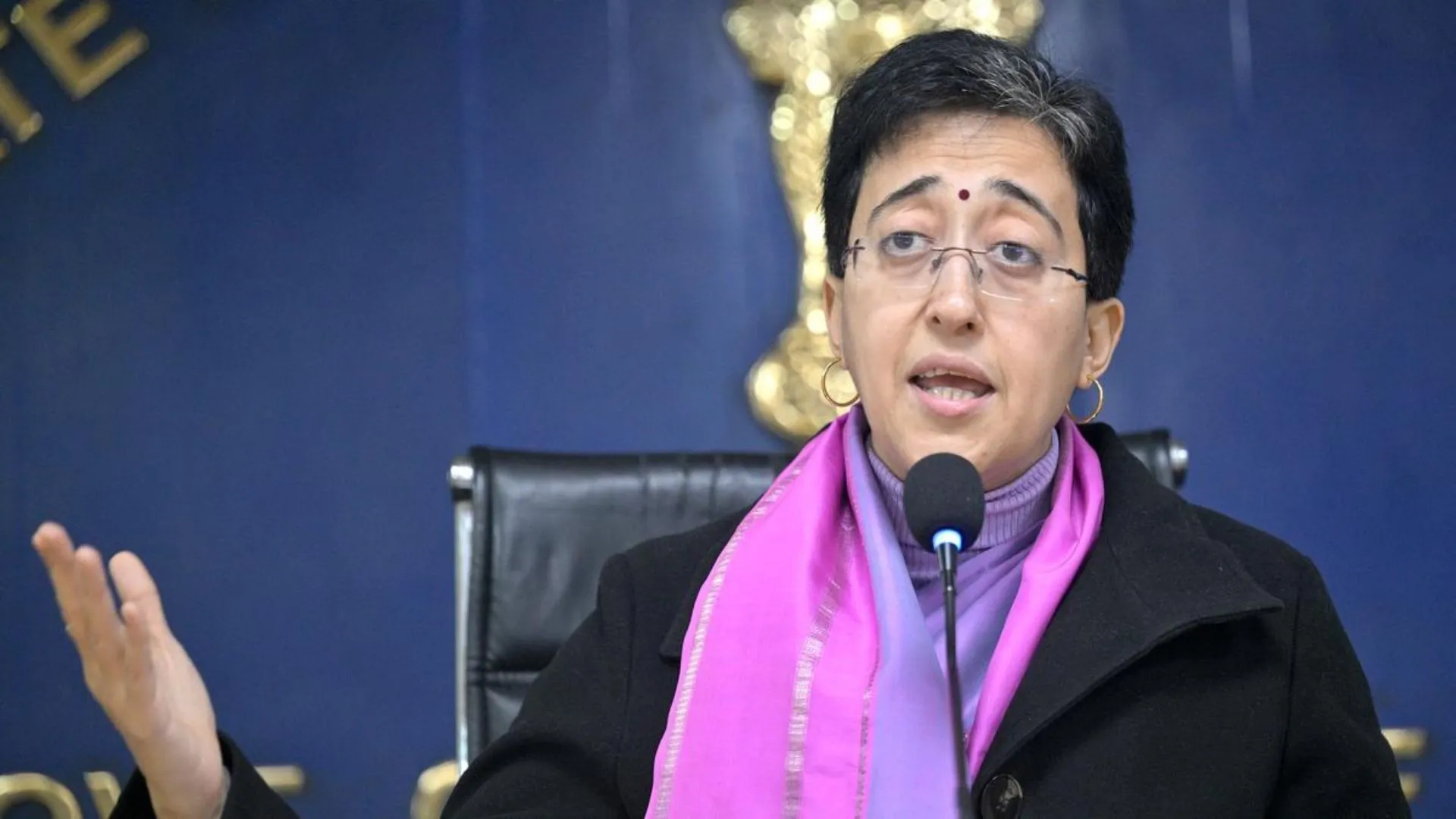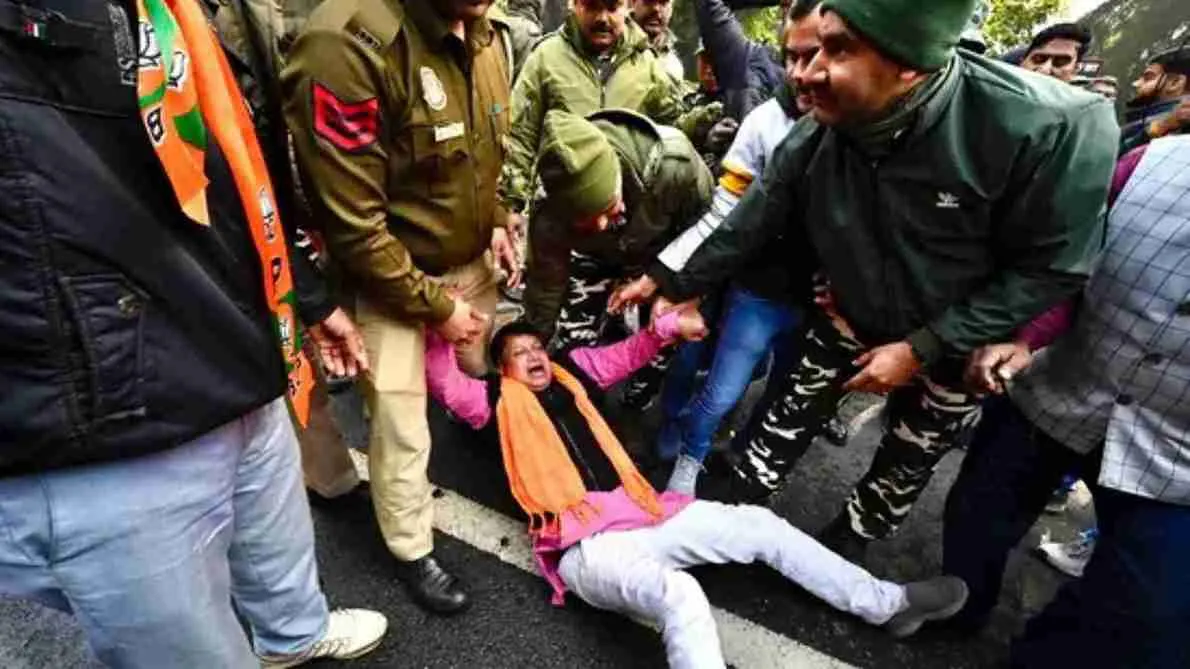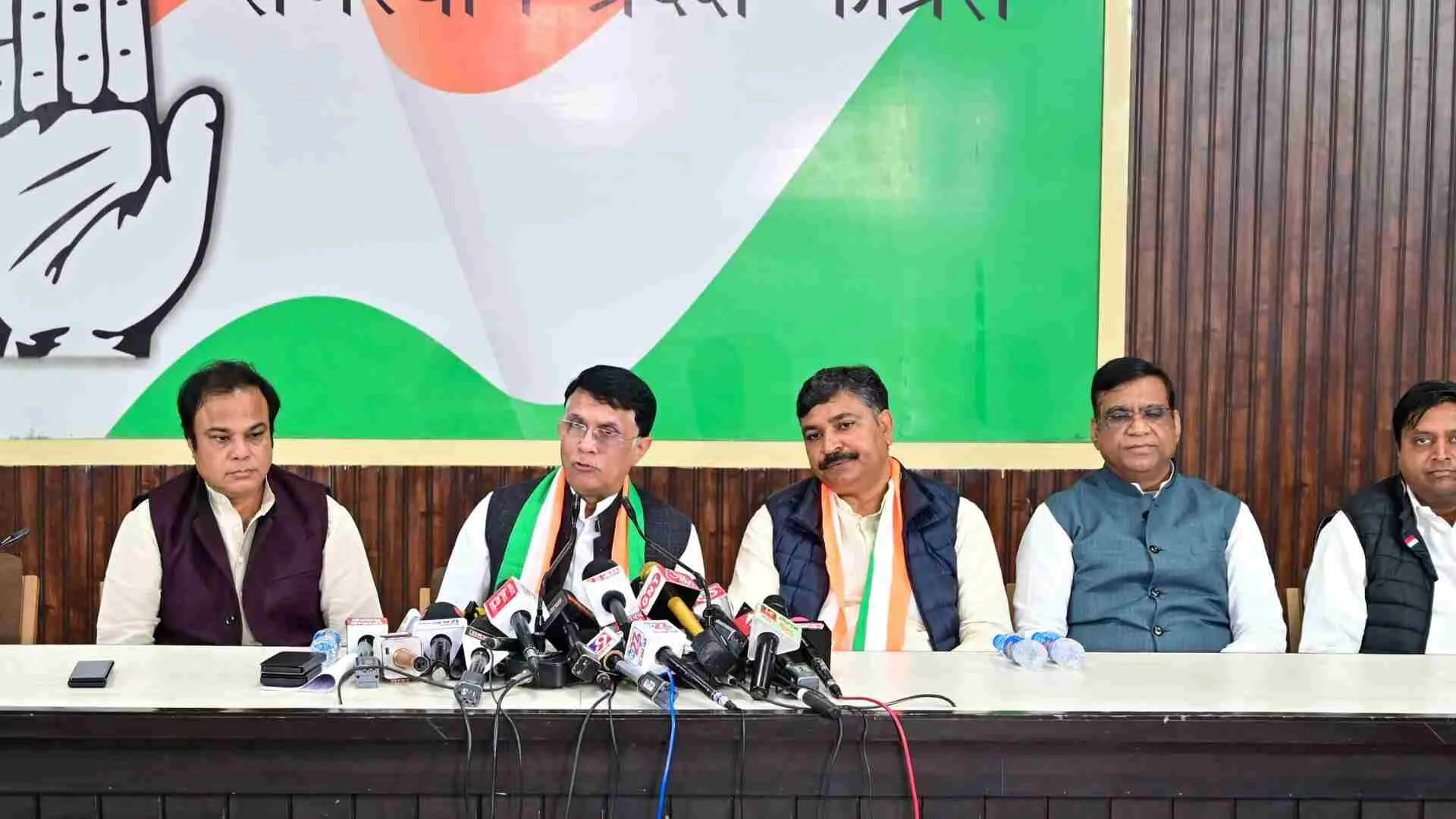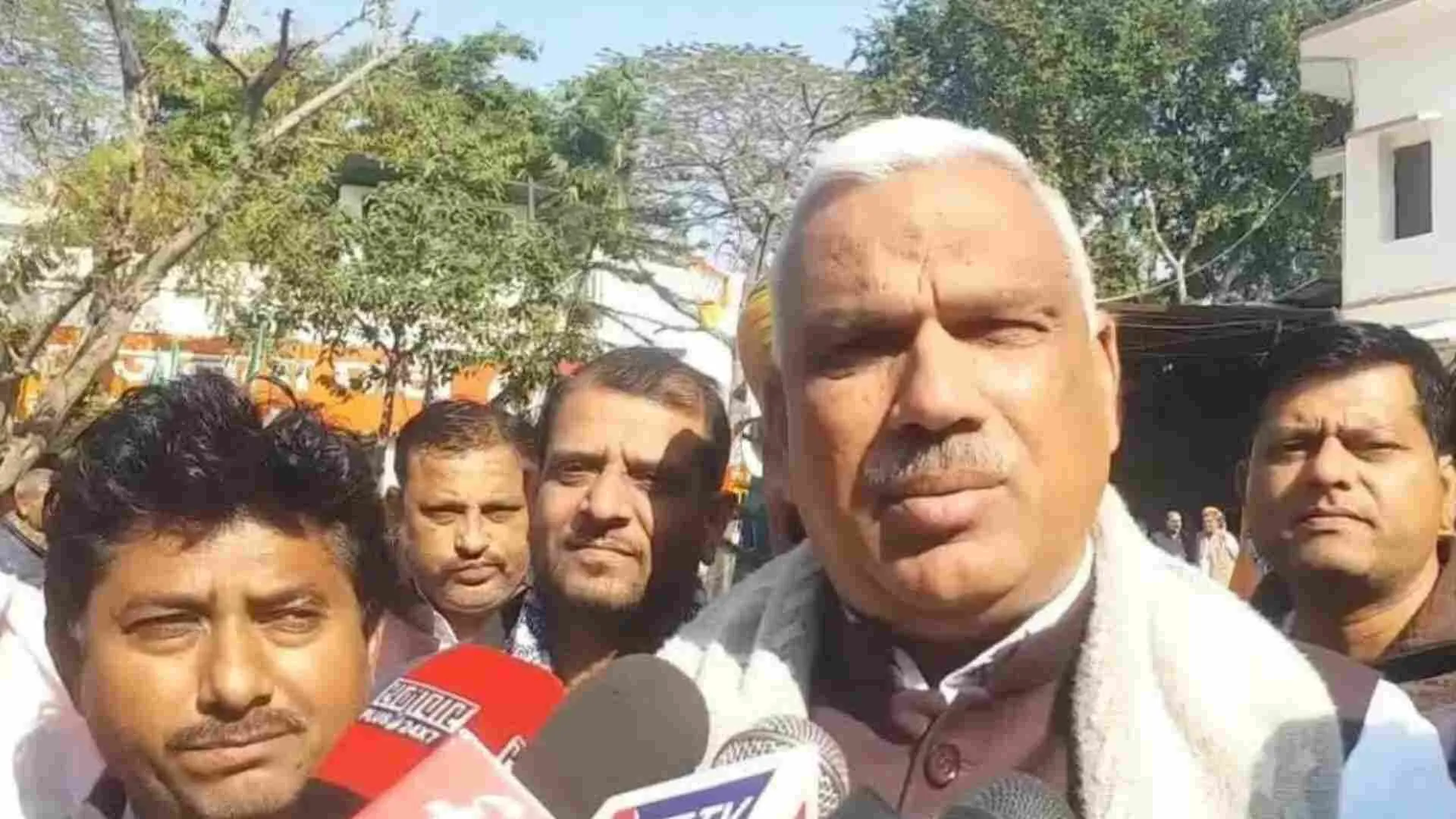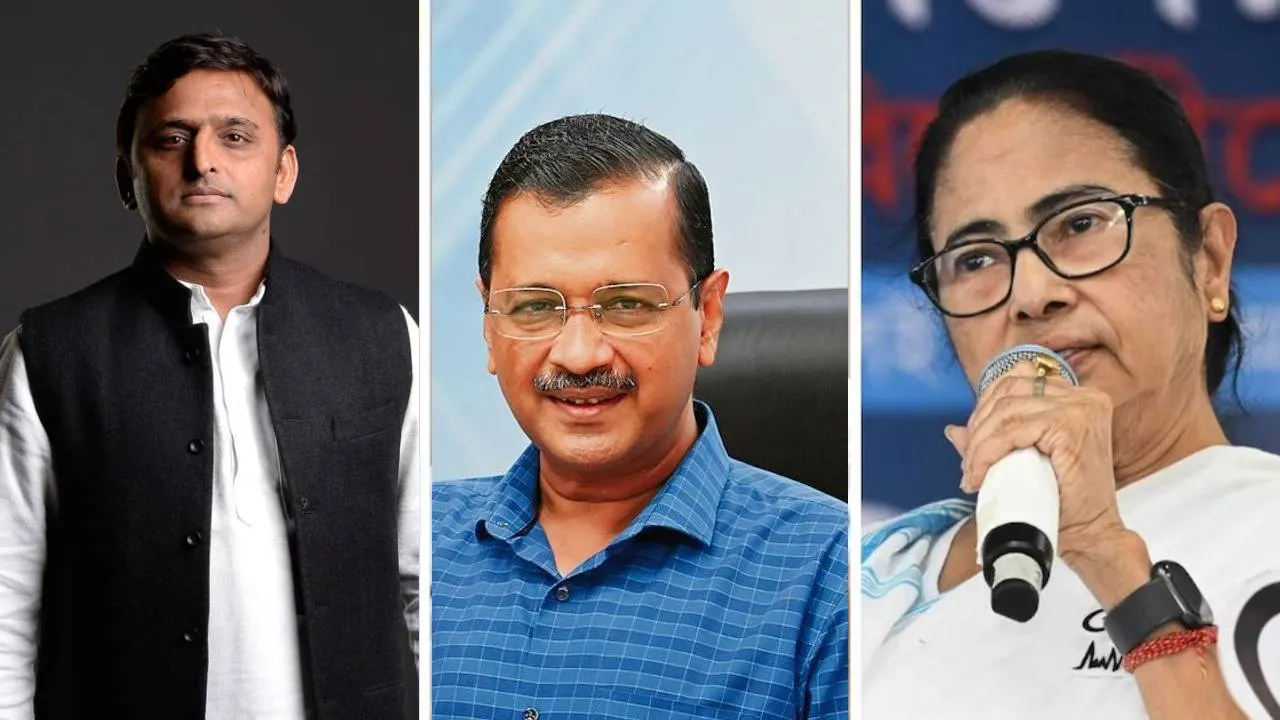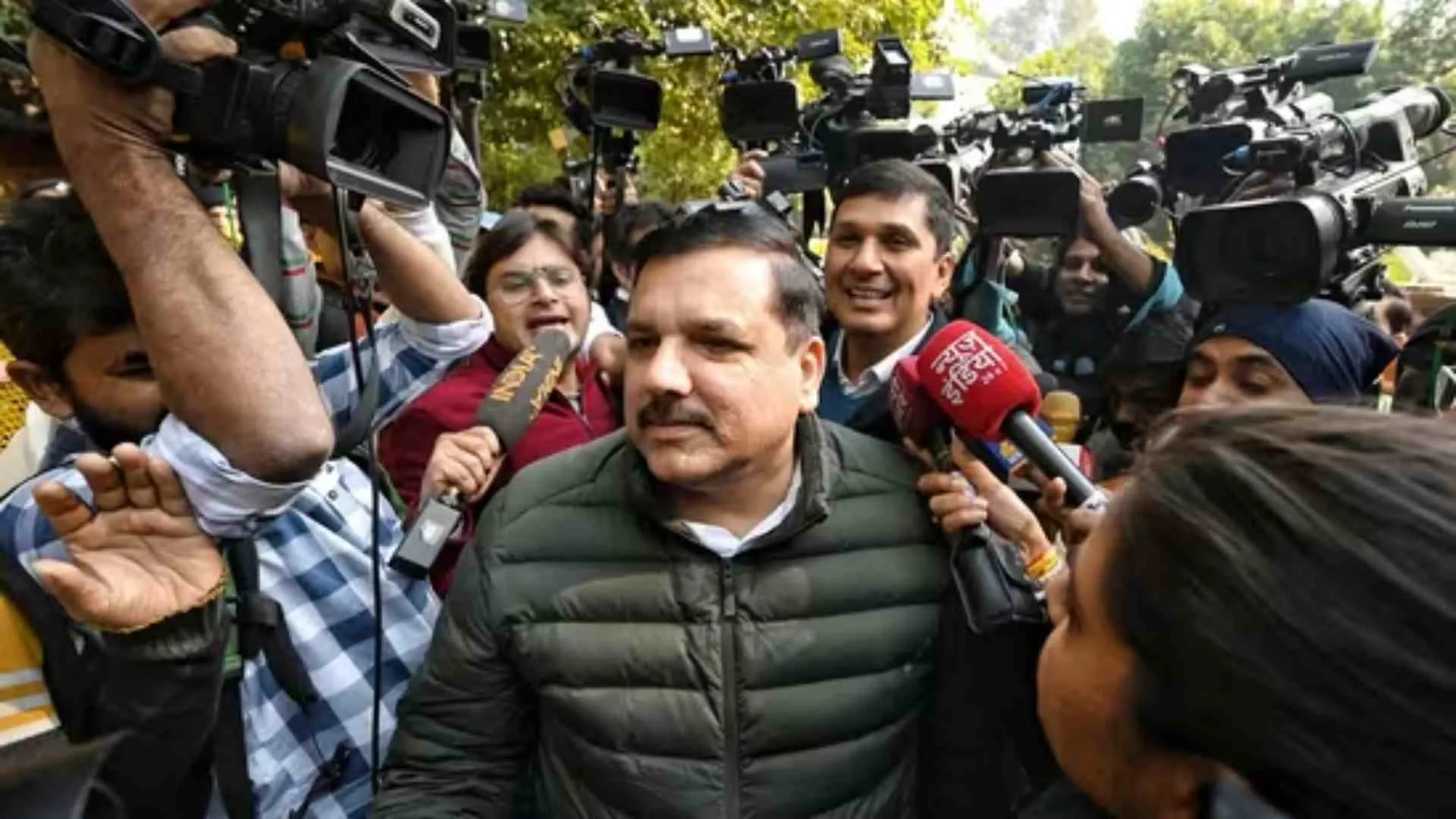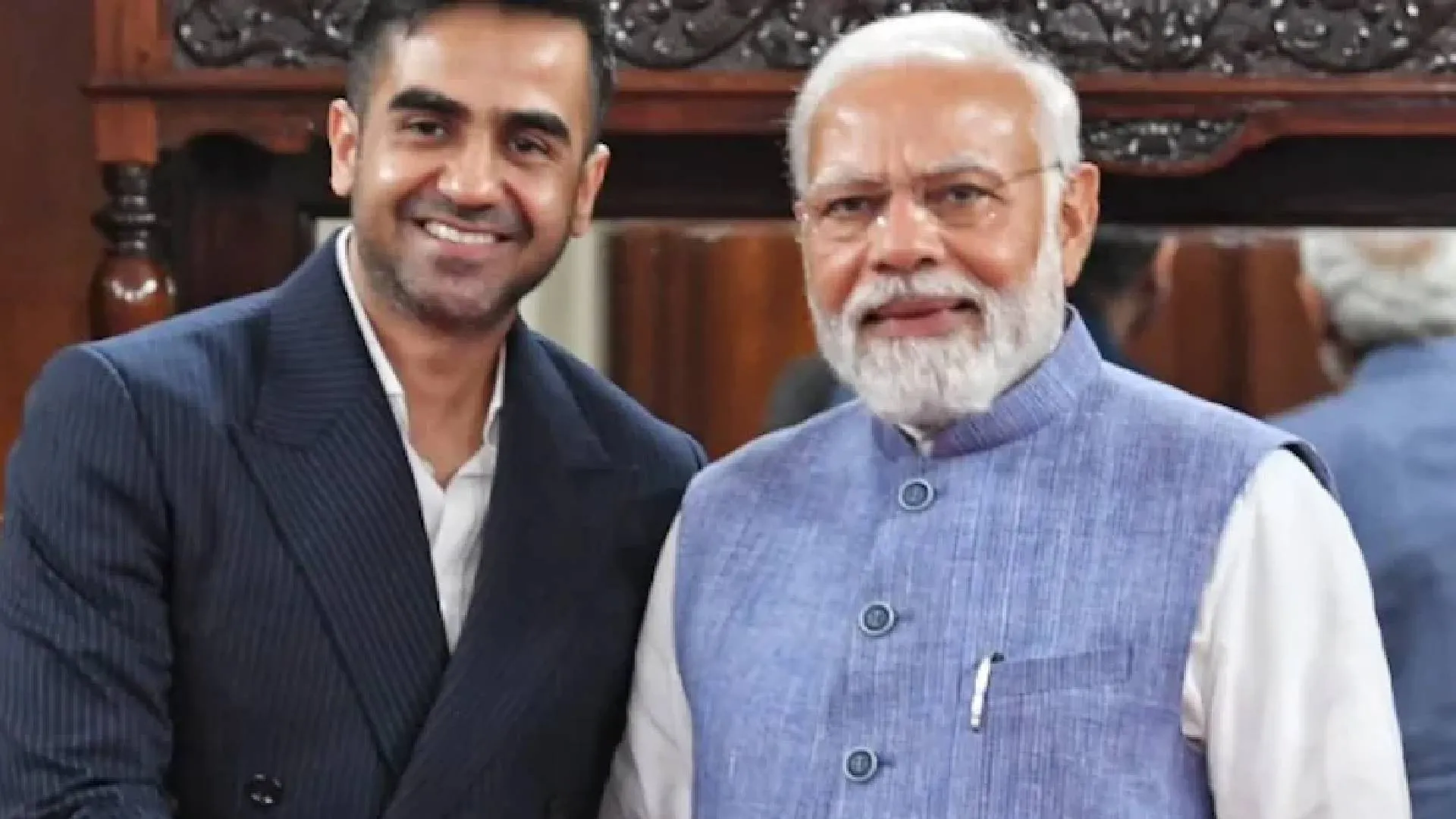Congress MPs staged a protest on the Parliament in the national capital premises on Friday regarding the implementation and raise in the Minimum Support Price (MSP) for farmers.
Holding banners and placards, they raised slogans demanding legal guarantee for MSP to the farmers and urged the centre to listen to the farmers’ concerns who have been protesting since last year, on and off.
This protest follows a large gathering of farmers at the Shambhu border, where they demanded the government address their 12-point charter of demands, including the MSP guarantee.
Congress MP Deepender Singh Hooda urged the central government to engage in dialogue with farmers. Criticising the central government, Hooda said that during the last farmers’ protest, the government had assured farmers of an MSP guarantee, but now it appears they are reneging on that promise.
“Earlier when farmers’ protest had happened, the government had promised MSP to the farmers. Since this promise was not fulfilled, farmers have been protesting at Shambhu border. Today again, the farmers have decided to march to Delhi which is a sign of the government going back on its promise. We demand that the government should talk to the farmers immediately…” Hooda said.
Congress leader Jairam Ramesh expressed solidarity with the protesting farmers and announced the party’s unwavering support for their ongoing march to Parliament.
Taking to his official handle on X, Jairam Ramesh posted, “Farmers are marching to Parliament today. Their protest has received a huge booster dose after getting support from the Vice President and the Honourable Chairman of the Rajya Sabha. Farmers and their organizations are continuously agitating.”
Ramesh reiterated the farmers’ demands, including a legal guarantee for MSP and fixing MSP at 1.5 times the comprehensive cost of cultivation, as recommended by the MS Swaminathan Commission.
He also stressed the need to restructure the Pradhan Mantri Fasal Bima Yojana and called for an independent agency to oversee agricultural trade policies.
The renewed call for a ‘Delhi Chalo’ march by farmers comes as farmer unions maintain that several of their demands, including the MSP guarantee, remain unaddressed.
Sukhwinder Kaur, a protestor, emphasized the importance of their demands, saying, “We have 12 demands and our main demand is that of the MSP. The Punjab government said they would do it but even after waiting for one month, they didn’t, and we protested against it. We are ready to talk to them but they have not asked us anything. We are not begging; we are just asking for something for what we do. Where are we at fault?”
As tensions escalate, opposition leaders are rallying around the farmers, urging the government to engage in meaningful dialogue. The situation is being closely monitored as political and public pressure mounts on the government to resolve the crisis effectively.
Also read: Mitchell Starc’s Stunning 6-Wicket Haul Shreds India for 180 on Day 1 of Adelaide Test
What Does It Mean?
The Minimum Support Price (MSP) is the price at which the government guarantees to buy crops from farmers, ensuring they receive a fair income regardless of market fluctuations. Farmers are demanding a legal guarantee for MSP to protect them from financial instability caused by unpredictable market conditions.
The MS Swaminathan Commission recommended fixing MSP at 1.5 times the cost of cultivation to make farming more viable for small and marginal farmers. However, without a legal framework, the MSP system remains a policy decision rather than a binding obligation, leaving farmers vulnerable.
The protest also highlights broader issues in Indian agriculture, such as the need for better crop insurance schemes (like the Pradhan Mantri Fasal Bima Yojana) and fairer trade policies. Farmer unions are calling for reforms that prioritize their welfare and address systemic challenges.
The ongoing ‘Delhi Chalo’ march signifies the growing frustration among farmers, who feel that their voices are being ignored despite previous assurances. Political leaders, especially from the opposition, are leveraging this opportunity to align with farmers, potentially increasing pressure on the government to address these demands comprehensively.
The resolution of this issue will require a balanced approach, addressing both farmers’ demands and ensuring sustainable agricultural reforms for the future.


